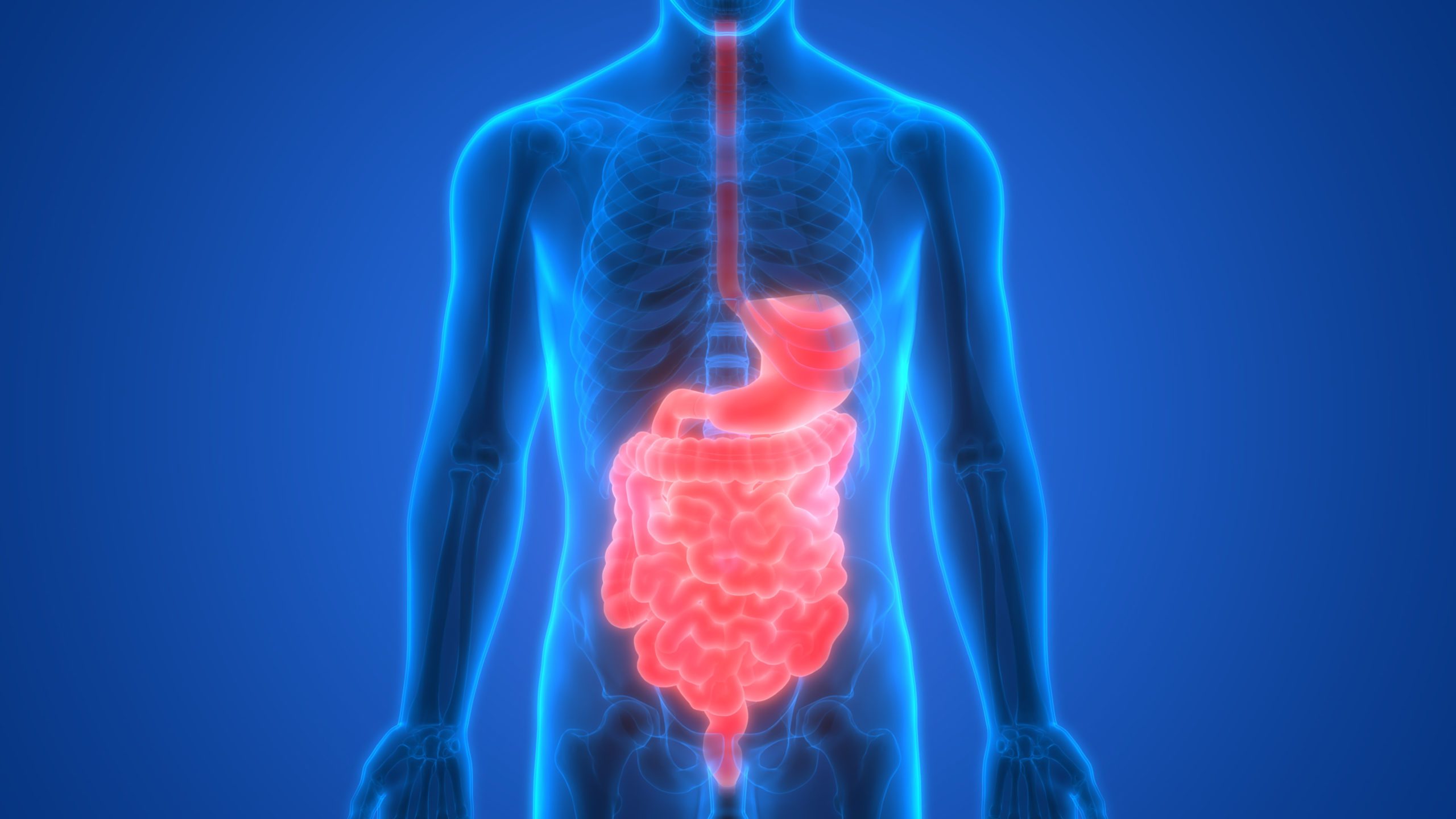Truth be told, depression is much more than an “emotional issue.” There truly is a science behind all of this, as genetic links and research studies have shown. And proving that point even more, is a new article from the acclaimed online medical resource, WebMD. Doctors from that site now claim that even germs and microorganisms play a part in chronic sadness, as evidenced by a newly discovered gut bacteria.
The link can tie back to certain diets and a lack of probiotics. When surveying roughly 2,100 adults, WebMD’s researchers found that those with depression did have differences in specific groups of gut bacteria. Those with an imbalance of microbes suffered from issues with their immune system and a decrease in the production of chemicals that influence the brain.
This chemical deficiency (at least among the 2,100 surveyed) showed direct links to depression. The other notable stat to be revealed was the “vicious cycle” that occurs once this diagnosis has taken place. We know that many people with depression don’t eat well and often have a loss of appetite. According to the researchers, those symptoms only further the problem.
“It becomes almost like a chicken-and-egg question,” UCLA researchers Dr. Emeran Mayer told the site. “People with depression certainly have different diets, and different habits, than people without depression. And that would affect the gut microbiome.”
Continued studies are being done to determine the initial causes of this type of bacterial infection and how it can be combated. Dr. Mayer did admit that healthier eating and regular vitamin supplements would all be beneficial. But science has yet to prove if that alone will completely remove the issue.
Foods that have shown to have a positive effect thus far include vegetables, fruits, nuts and grains (all of which fall into a healthy regular diet). Dr. Mayer also emphasized the avoidance of processed foods if you think you’re suffering from depressive symptoms.
“I’d say eat a diet that’s largely plant-based and highly variable in the types of plant foods,” Mayer concluded. “If you’re just eating tomatoes, that’s not enough.”
Obviously, overcoming depression requires a lot more than changing what you eat. But we wholeheartedly agree that a healthy diet can make a significant difference in your emotional (and physical) well being. Nevertheless, we encourage anyone suffering from chronic sadness to reach out and add therapeutic support into your recovery toolkit.



